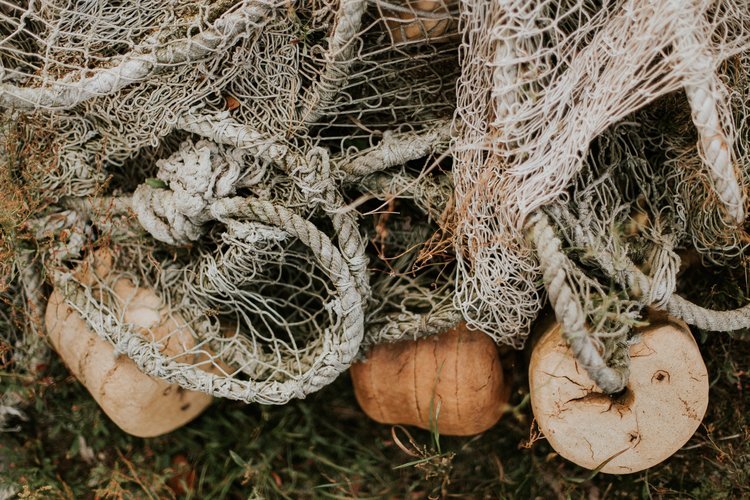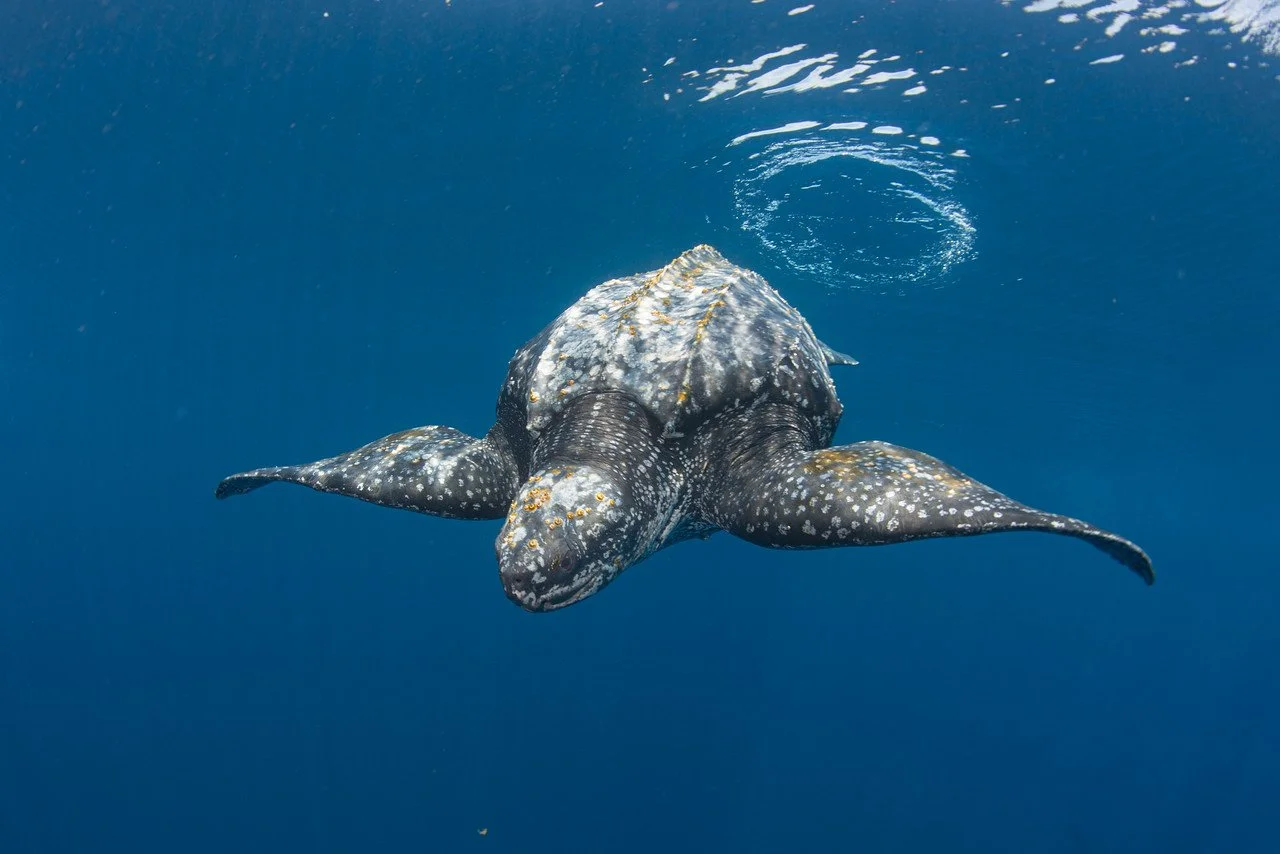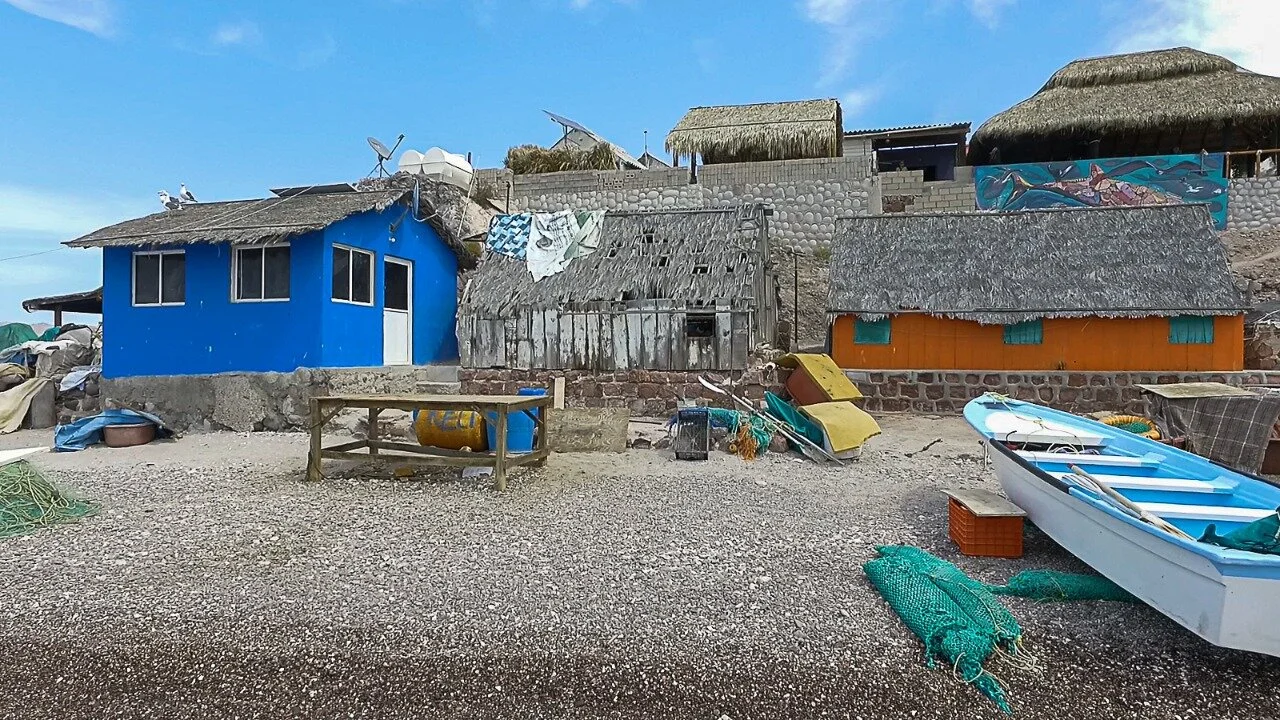Fisheries Bycatch
Unintentional capture is likely the single greatest threat to sea turtle survival.
Bycatch refers to marine life that is unintentionally caught while fishing for a specific species. Approximately 40% of bycaught animals do not survive. Sea turtles need to reach the surface to breathe air. When they become entangled in longlines, ensnared in the nets of trawlers or caught on baited hooks, they can drown. Even sea turtles that are released alive may have serious injuries that impact their chances of survival.
-
Buy only seafood caught using selective fishing techniques with little to no bycatch (e.g., pole and line fishing).
Get to know local fishers, ask where they catch seafood and understand seasonal variations.
Support fishers and fishmongers committed to transparency and traceability.
Be aware of seafood fraud and investigate your fishmonger’s track record.
Call out purveyors on seafood touted as sustainable (e.g, because the target species reproduces quickly) when it is captured through unselective fishing methods resulting in unsustainable bycatch.
Stand up for local fishers committed to strong resource management and agencies providing data-driven guidance.
Be prepared to eat vegetarian when you are unsure about the seafood on the menu.
Call on your representatives to advance policies to reduce fisheries bycatch.
Advocate for better options at local restaurants and markets.
While we know mortality rates and the types of turtles affected vary widely depending on fishing practices and the region where the fishing occurs. There are no global standards for reporting on bycatch. The statistics are difficult to interpret. Sometimes fishing industries report bycatch voluntarily, while some fishers prefer not to report it if not mandated to do so.
Many fishers do not want to capture sea turtles, they are often regarded as a nuisance or even a liability. The turtles can damage fishing gear; fishers may have to cut a net to free an ensnared sea turtle. This presents a very real cost to a small-scale artisanal fisher. Where limits on incidental take (capture of protected species) are imposed on fisheries to protect endangered species, exceeding incidental take limits can shut down the fishery and put fishers out of work for the rest of the season.
Working together to prevent sea turtle bycatch, conservationists and fishers can achieve shared goals. We can find common ground in efforts to modify the type of fishing gear used or the way it is deployed. We can limit fishing in delineated geographic areas or during specific times of the year to reduce bycatch. Upwell is also working with fishers to develop predictive models using real-time ecological data and historical turtle sightings that can alert fishers to avoid fishing in areas where interactions with protected sea turtles are most likely.






